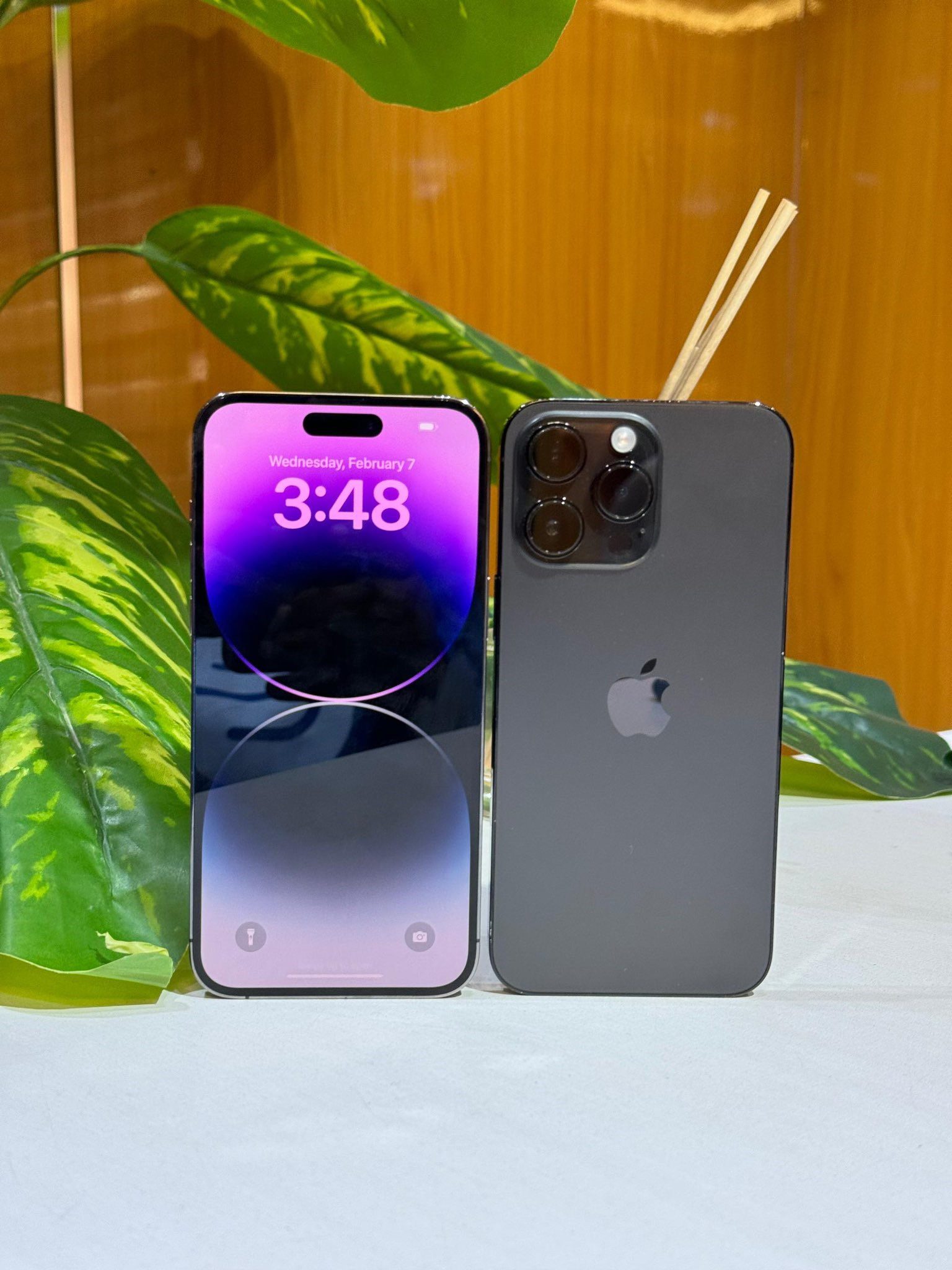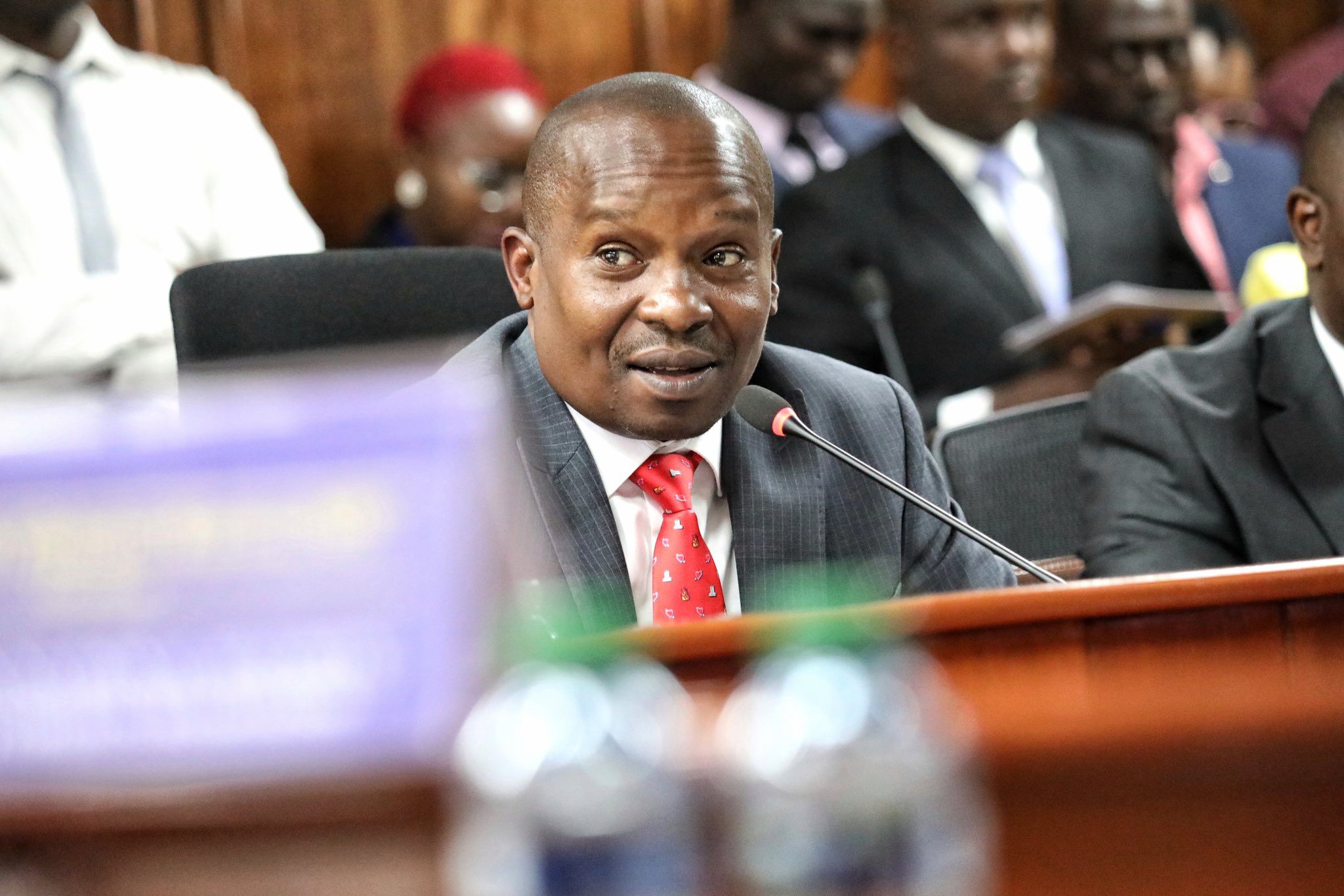
A little housekeeping: JTL operates band 700 MHz, which is second to 800 MHz that the likes of Telkom Safaricom and Airtel have. When JTL launched its services, it reportedly paid KES 100,000 for the license, which did not augur well with the competition because that was obviously a paltry amount for a very limited resource. At that time, the decision was defended based on tiers, where tier 1 and tier 2 organizations are tasked to pay KES 2.5 billion and KES 100,000 for the license. Furthermore, the CA reported it has awarded the certificate on a ‘trial’ basis, which brings us to today’s development.
According to the Business Daily, JTL had actually requested to pay the actual KES 2.5 billion spectrum fee over a decade, a proposal that was forwarded to Parliament for further examination. MPs allowed the bill’s propositions, which were then officially made into law in January 2019. One of the implications of the law is that companies whose majority stake is controlled by Kenyans can pay license fees in equal installments over a 10-year period. Therefore, JTL and Finserve Africa’s Equitel can pay, say, KES 250 million each year for a 4G license. Airtel, Telkom, and Airtel, which are primarily owned by Bharti Airtel India, Helios and Vodacom will not benefit from this deal.
By the way, the amendment is only applicable to licenses that cost more than KES 1 billion.


















